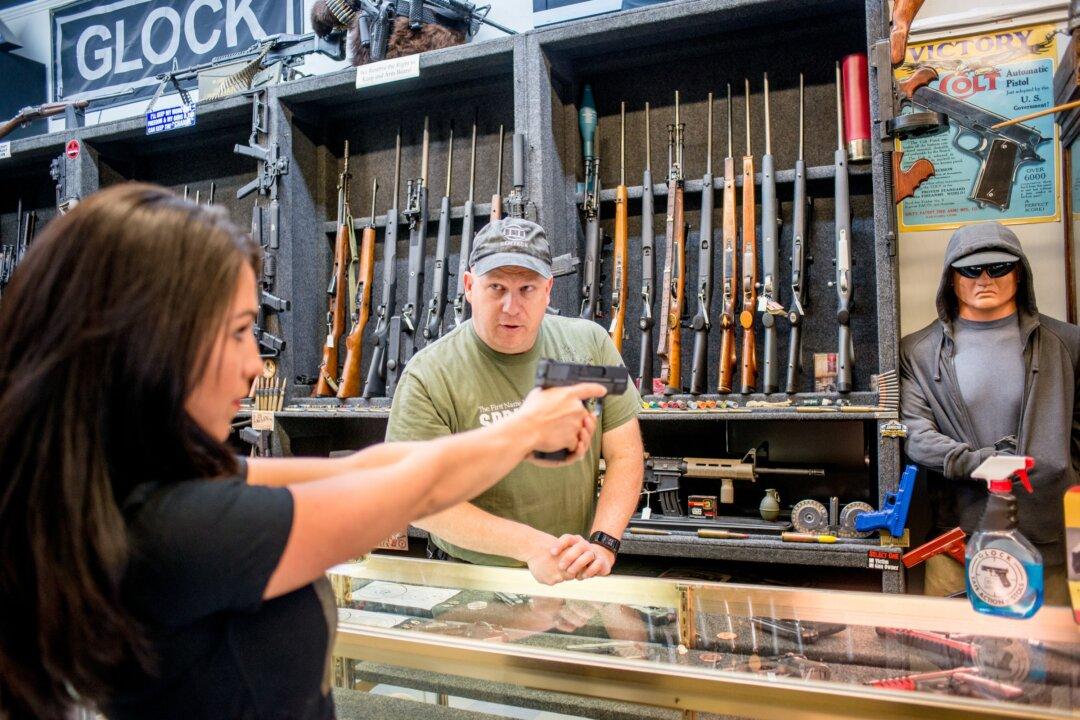Prominent economist and gun rights advocate John Lott said that the enhanced background checks contained in new House-passed measures would burden law-abiding citizens and not reduce crime.
The House approved two bills on Thursday that expand background checks on individuals who are seeking to purchase or transfer firearms and lengthens the review period for background checks from three days to up to 20.





